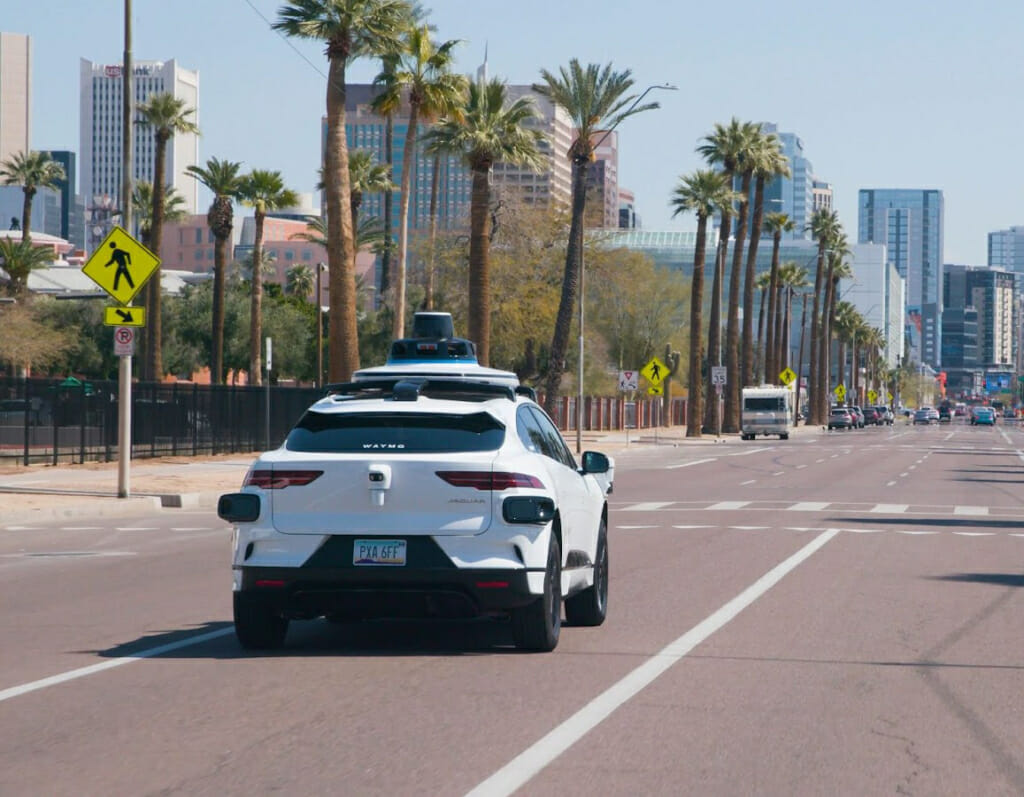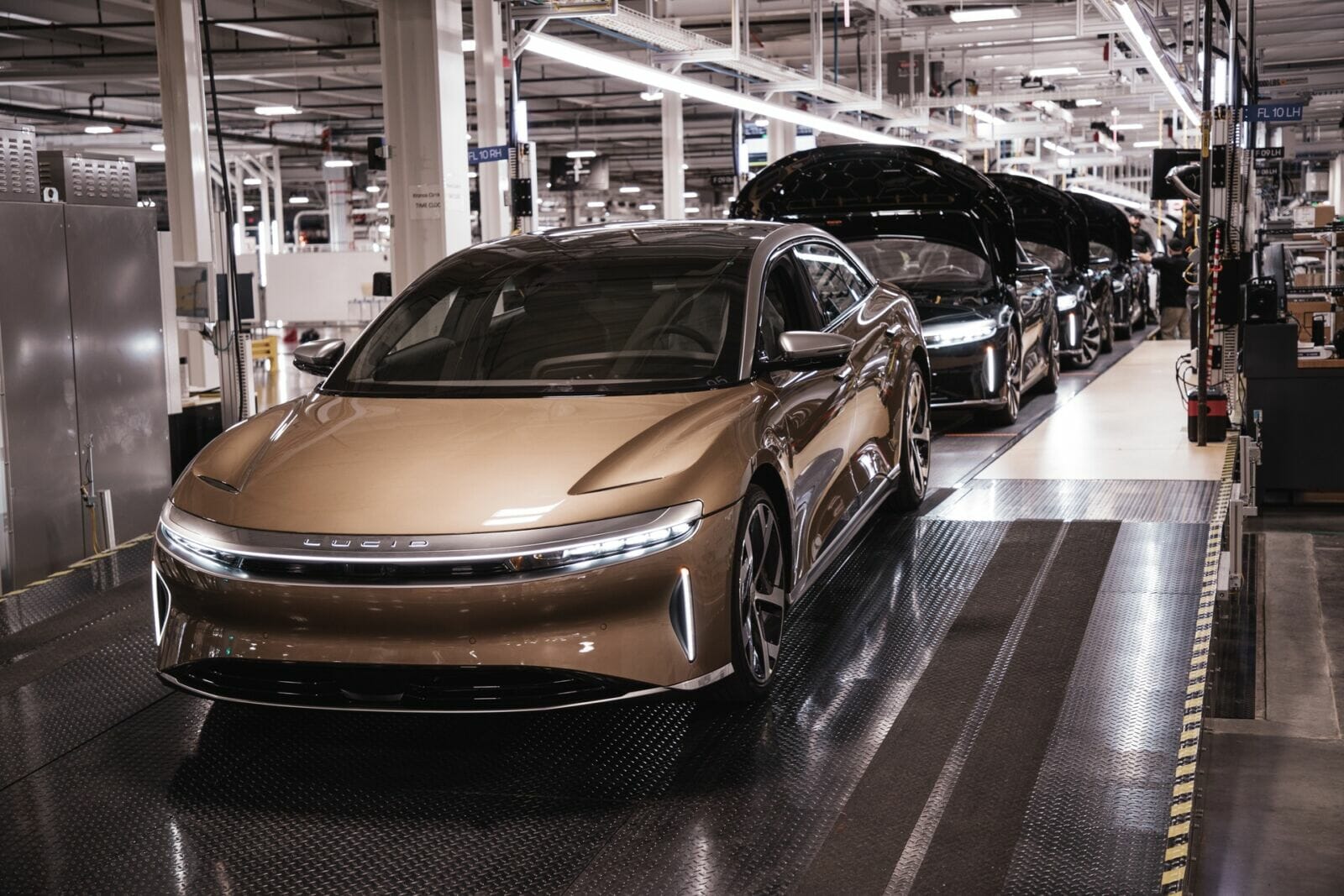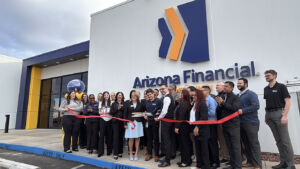A group of business leaders representing electric and autonomous vehicle sector giants Lucid, Waymo, Nikola, and Cruise gathered in Phoenix last week for a panel discussion about the future of their industries in Arizona and nationally.
Moderated by Arizona Commerce Authority President and CEO Sandra Watson, the panelists discussed how Arizona is a sort of Kitty Hawk for the autonomous vehicle era, sparking a new wave of innovative automotive technologies being manufactured, tested, and deployed across the nation.
The dialogue took place at the Thunderbird School of Global Management as part of the latest Eggs & Issues event, a regular discussion organized by the Arizona Chamber of Commerce & Industry.
As the conversation progressed, a clear picture emerged: Arizona is rapidly becoming the epicenter of the autonomous vehicle revolution.
“Arizona stands as the closest real-world embodiment of the fantastical flying cars from the Jetsons,” said Danny Seiden, CEO of the Chamber, in his introductory remarks. “Just half a decade ago, the Arizona Commerce Authority rallied a consortium of public and private stakeholders to establish the Institute on Automated Mobility. This body has been instrumental in creating a secure and scalable environment conducive to the operation of autonomous vehicles within our Arizona communities. And today, the recognition of Arizona as one of the principal frontiers of next-gen transportation technologies being created, tested, and implemented in the United States is a testament to our efforts.”
Participants such as Carter Stern, director of global affairs at Cruise, heaped praise on Arizona’s welcoming business environment, attributing it to the company’s ability to innovate and scale at an unmatched pace. The comprehensive and coordinated approach from the Governor’s Office down to local municipalities has proven advantageous for companies like Cruise.

Arizona’s Qualified Facilities Tax Credit has proved a significant growth catalyst for many EV and alternative fuel vehicle manufacturers, including Nikola, said Alana Langdon, Nikola’s head of government affairs. The program helps growing companies as they increase their daily production of premium electric vehicles. Add to that the contribution of various workforce development programs and utility rate structures, and you have a recipe for recent success.
However, as Daniel Witt, director of public policy at Lucid, emphasized, there is still room for growth.
“For Arizona to retain its leading position, it needs to continue its consistent engagement with our industry,” he said.
The next generation of EVs is knocking at the door, and companies like Lucid aim to overcome range anxiety to bolster consumer trust in the market. This endeavor requires an infrastructure overhaul on both ends – a task for which Arizona demonstrates remarkable readiness.
Aidan Ali Sullivan, Waymo’s head of state political strategy and senior manager for state policy, noted that collaborating with the state’s cooperative utilities and tapping into the unique regional supply chains are essential to tackle the broader issues of national infrastructure, such as charging capacity.
Looking beyond infrastructure, all companies acknowledged that the future hurdles will predominantly be around the workforce. With the decrease in higher education enrollment by 8% between 2019 and 2022, the importance of collaborating with the state’s higher education institutions to facilitate the new economy is more important than ever.
The state needs to spearhead a multitude of diverse education solutions, panelists said, such as apprenticeships, fortifying community colleges, making credits more easily transferable, and training additional engineers to cater to the current consumer demand.




